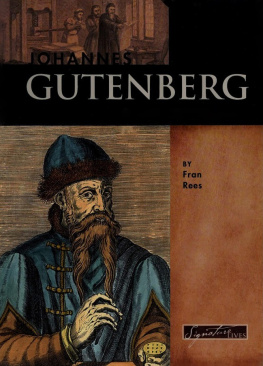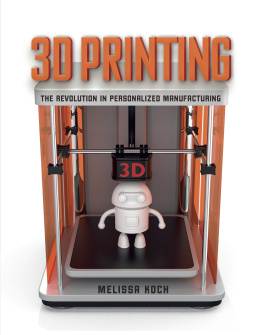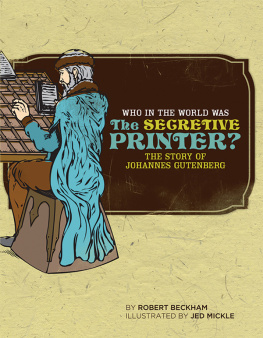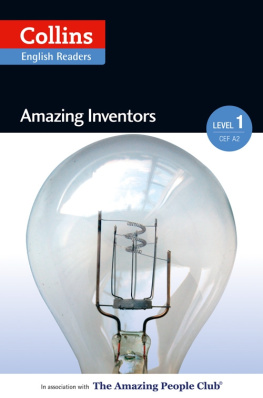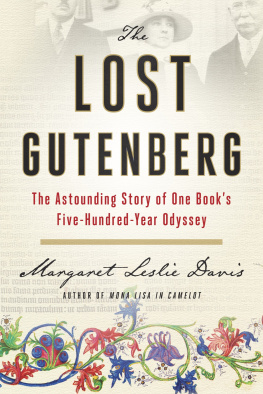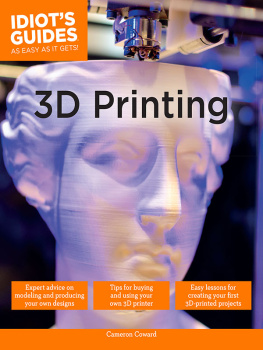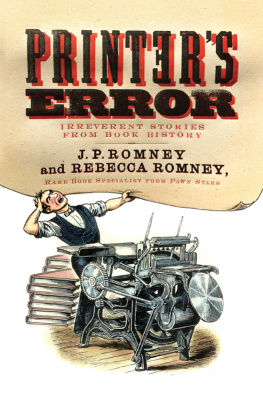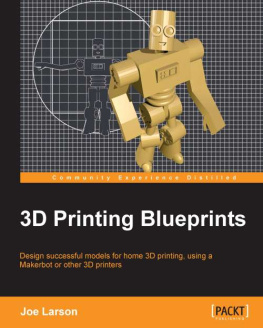Johannes Gutenberg
Inventor of the Printing Press
Fran Rees
Compass Point Books
MINNEAPOLIS, MINNESOTA
2006
Signature Lives
Renaissance Era

|
The Renaissance was a cultural movement that started in Italy in the early 1300s. The word renaissance comes from a Latin word meaning rebirth, and during this time, Europe experienced a rebirth of interest and achievement in the arts, science, and global exploration. People reacted against the religion centered culture of the Middle Ages to find greater value in the human world. By the time the Renaissance came to a close around 1600, people had come to look at their world in a brand new way. |

|
Contents
1
Facing Defeat
Johannes Gutenberg paced the floor of his workshop. Several printing presses stood against the walls, and large sheets of print hung from the ceiling to dry. A chilling wind blew off the Rhine River and seeped through the windows. The sky was gray. It was November 6, 1455, in Mainz, Germany.
Nervously, Gutenberg picked up one of the sheets and held it near the window. He looked with concern at the beautiful lines of thick, black type so neatly printed in columns. He walked to a table where stacks of finished sheets lay dry and folded. There was a chance he could lose it all today. His financial partner, Johann Fust, was in court at that very moment, asking a judge to give him everything in Gutenbergs workshop.

| Johannes Gutenberg at his printing presses. |
Gutenberg was proud of his work, his marvelous printing press, and the pages of the Bible he had finished printing. He had poured more than 20 years of his life and his entire fortune into his printing press, he had also borrowed a lot of money from Fust and others to make his dream possible. The press was just what he wanted it to bea remarkable invention that would serve mankind and God. If only he knew for certain he would be able to print more copies of the Bible. If only he could present his work to the world, sell books, and recover the money he had already spent. If only ...
Gutenberg continued to pace around the workshop. Earlier that day, he had sent his trusted assistants, Heinrich Keffer and Bechtolf von Hanau, to the Convent of the Barefoot Friars in Mainz. The court case against him was being heard there. The charge was failure to repay his debt to Fust. The outcome of the trial would change his life, but he had decided not to attend.
Any moment now, the judge would announce the verdict Gutenberg was anxiously awaiting. Heinrich and Bechtolf surely would return soon with the news. They would tell him whether or not Johann Fust had won the case against him. Would Gutenberg lose his invention and all his work? At this point, he could only hope the judge would rule in his favor.

| A plaintiff and a defendant kneel before the judge in a 15th- century court. |
Suddenly the door opened, and a gust of wind blew into the workshop. Gutenberg shivered when he felt the cold and shuddered deep in his heart when he saw the long, sad faces of his assistants. What they told him was not good. The judge had ruled in favor of Fust, and Gutenberg had lost. He had lost it all.
He struggled with the news. How could everything be taken from him, even his presses and his equipment? What about the thousands of sheets of printed pages that were ready to be bound into 175 Bibles? Heinrich and Bechtolf informed him that everything now belonged to Fust and his partner, Peter Schffer.
Gutenbergs worst fear had now come true. He had known the court might rule in Fusts favor. His fear had even kept him at his workshop during the trial. He could not bear to face the judge, so he had sent his two most loyal craftsmen instead. Nevertheless, it was all over. He was defeated by his own partner.
Gutenberg knew he had no recourse, nowhere else to turn for help. He had borrowed money from Fust again and again. Time after time, he had used up the money to buy expensive metals and pay the workmen to set the type and work the presses. It had taken a great deal of money to buy the parchment and paper, discover the right ingredients for the ink, and build the presses. He had not been able to repay Fust, not even a cent of it.
But why couldnt Fust, wait just a little longer? Why did he want all the money back right now, just when so many copies of the Bible were printed and ready to be bound into books? Why couldnt Fust wait until the work was completely finishedwhen they could begin to make some money from the sale of the Bibles?

| Johannes Gutenberg examines a page printed on his printing press. |
But Fust and Schffer didnt care about Gutenberg. They had won their case, and now they could go on to finish the project themselves. They would bind and sell the Bibles, print other books, and profit from Gutenbergs work and invention. Fust and Schffer took every piece of equipment and every printed page from Gutenbergs workshop and set up their own business. In the following years, they printed many books and put their special mark, or logo, on them that identified them as the printer. Their business soon became a great success.
Gutenbergs name never appeared on any copies of the Bible he had printed, nor did he ever make any money from his lifelong project Some of the men Gutenberg had trained in his printing process went to other cities and built their own printing presses. Printing workshops sprang up ail over Europe. But it would be many years before Gutenberg received credit for his marvelous invention.
The Renaissance was an era of discovery and learning. Four men stand out for their outstanding contributions to this era. Christopher Columbus journeyed to the ends of the earth and proved that the world was round. Nicolas Copernicus proved Earth revolved around the sun, not the other way around. Martin Luther brought about a religious revolution. Johannes Gutenberg provided a method of printing that made new ideas and discoveries available to everyone. |
On that sad day, however, when Gutenberg received word or his defeat, he didnt know what the far-reaching power of his invention would be. He could not have known that his ideas would spread quickly throughout Europe and become the standard process for printing for the next 400 years.
Printing gave rise lo a new era and shaped the course of civilization. Over the next 45 years, more than 10 million books were printed. Never before had so much knowledge been so available. As books became affordable, more and more people learned to read and owned books.
Gutenbergs dream was taken from him before it came true. In one sense, he went down in defeat, never to fully recover from his loss. But history has been kind to him and has credited him with one of the greatest inventions of all time.
Next page
